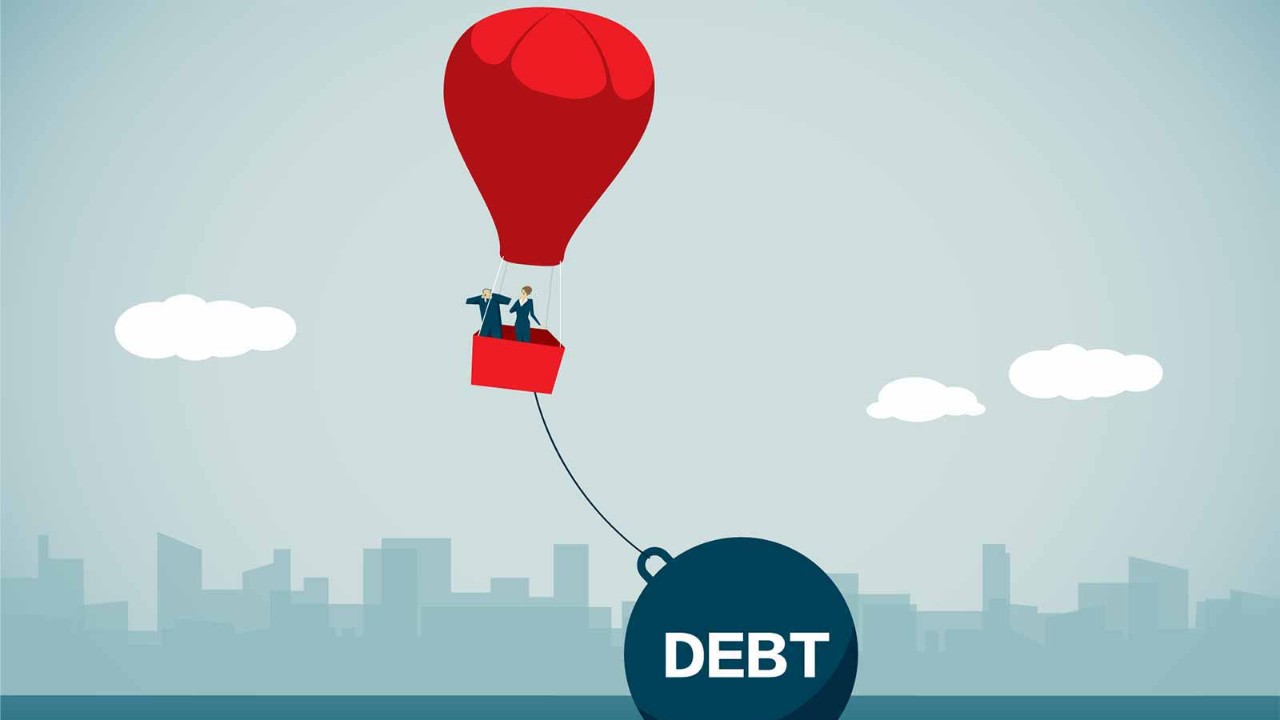
Several years ago, when peer-to-peer lending and online cash loans (unsecured loans with no conditions on use and no qualification restriction on borrowers) were in their heyday, I was in touch with a potential client from the cash loan industry.
A graduate of a prestigious university, he looked smart, was high-spirited, and blissfully unaware of how in just a few years’ time mainland China would zero out the sector to keep financial risk at bay. One of the sector’s ‘original sins’ was sky-high charges. Some loans bore an annualised interest rate of as much as 1,000%, which means for every yuan borrowed, the borrower needs to pay an annual interest of 10 yuan.
Curiosity piqued
In order to understand the business, I asked to see the company’s accounts book and was handed a large file that contained tens of thousands of loan default entries, most of which carried only a modest amount, from 300 yuan (US$42) to some 1,000 yuan (US$140).
This provoked my curiosity, as commonsense tells us that it’s easier to repay the small amount so as to avoid paying a bigger price. In mainland China, those who shirk their debts are labelled ‘discredited individuals’ and banned from spending on luxuries including air travel and fast trains.

‘I understand the economic difficulties users may be facing, but why would they borrow at such a high interest rate?’
I couldn’t help turning to the founder for some clue. His answer offered me another stark lesson about society – where my understanding fell short. Referring to a glass he held up from the table, he said: ‘Let’s make an analogy. If your social class is equivalent to the level of this table, some people will be as high as the top of this glass, while others will be below the table. It’s the sub-table group of people we are serving, who hold no regular job, no credit card.’
I took in his every word but still found it hard to comprehend the whole situation, so I asked: ‘Those users tend to have a high insolvency risk – aren’t you afraid of bad debt?’
He shrugged and smiled. ‘You are right, but based on our algorithm model and calculations, the interest rate we charge enables us to make a buffer for the bad debt caused by insolvency.’
Not wanting to judge his algorithms, I accepted what he had just shared, but followed up with: ‘I understand the economic difficulties users may be facing, but why would they borrow at such a high interest rate?’
Two kinds of borrower
He acknowledged my confusion with a nod, and continued. ‘Among our users, there are two types. The first – to put it bluntly – are those who have no plan to repay at all. They are fleecing the ‘flock’ of cash credit, here and there. Any credit they can get is an extra, and they won’t worry about the interest rate at all.
I hadn’t been aware there were so many users who would borrow several hundred yuan at all costs
‘The second type is those who wish to repay, and the borrowing is to bridge their urgent financial need. As long as the loan can be applied and approved in a timely fashion, cost isn’t their first priority. Usually, a cash loan is for a short term of seven days, so the cost does not appear to be high. As long as the second group of users can repay their debt, we can generate a profit.’
I respected the mathematics, statistics and computing expertise of the company’s founding team, and didn’t question their views, but the conversation made me wonder about a dimension of society that this business revealed. I hadn’t been aware that there were so many users who would borrow several hundred yuan at all costs.
Timely crackdown
Years later, how the peer-to-peer loan industry has panned out has become clear to all. On the one hand, due to a government crackdown, the cash credit with ultra-high interest rate came to an end, with P2P business founders either arrested or on the run (to shirk debt themselves or to avoid criminal charges). What followed was an acceleration of compliance procedures and stronger regulatory oversight. Based on the latest statistics, the P2P industry has been zeroed out in mainland China.
Subsequent events also prove that pre-emptive industry governance was indeed necessary. Without the overhaul, the Covid-19 pandemic that has led to temporary unemployment and debt default over the past three years would have dealt a heavy blow to the P2P industry. This would have been disastrous, and the crackdown saved investors from incurring bigger losses.
This anecdote about cash loans echoes another article written by one of my favourite bloggers. In it, he argues that people usually feel they are at an average level, with some better off and some worse off. He goes on to say that it is because we are surrounded by people within a fixed range, like a 15% deviation of one’s own social class. That’s why it’s hard to imagine either extravagant luxury or law-of-the-jungle wilderness.
And that maybe offers a more concrete and empathetic explanation – compared to the algorithms – of the questions I had about cash loans.



